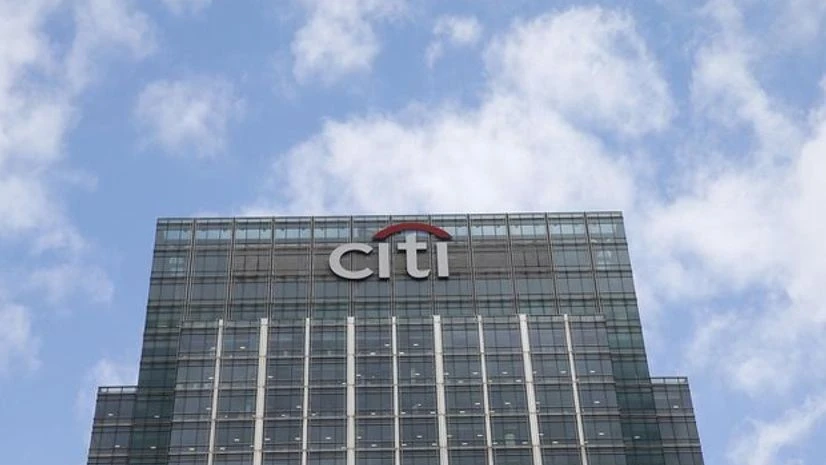If federal corporate tax rates decline 20 per cent under President-elect Donald Trump, Citigroup Inc may have to take a $4 billion charge to profits to reflect lower values for its deferred tax assets, the bank's chief financial officer said on Wednesday.
However, a charge of that size and nature would not hurt the amount of capital that Citigroup reports to regulators under rules designed to ensure the soundness of banks, CFO John Gerspach said at an investor conference that was webcast.
After the U.S. election results last week were viewed by Wall Street as increasing the chances of lower tax rates, the KBW bank stock index (.BKX) climbed 13.6 per cent through Tuesday while Citigroup shares rose 11.1 per cent.
Analysts have said that Citigroup has lagged other bank stocks partly because of the chance that tax reform would reduce the value of the company's deferred tax assets.
A corporate tax rate of 28 per cent would amount to a 20 per cent reduction from current rates, Gerspach said.
Citigroup has $45 billion of deferred tax assets, far more than any other U.S. bank. They are largely left over from the tax treatment of losses during the financial crisis. The bank had used up about $10 billion in the last four years.
More From This Section
Gerspach called the estimated $4 billion charge part of a "rough, top-level assessment" of consequences of possible tax reforms.
If tax reforms were to make a big change in the treatment of liabilities outside of the United States, the bank might have to take a charge of as much as $12 billion and report a $4 billion reduction in regulatory capital, he said.
"There are a lot of moving pieces," Gerspach said. "To the extent these changes were implemented over time, those impacts would likely be lower."
Citigroup expects its capital markets business in the fourth quarter to be "meaningfully better" than a year earlier, but down seasonally from the third quarter, Jamie Forese, chief executive for the Institutional Clients Group, said at the conference.
Citigroup shares fell 1.7 per cent early Wednesday afternoon, slightly less than the 2 per cent decline in the KBW index.

)
